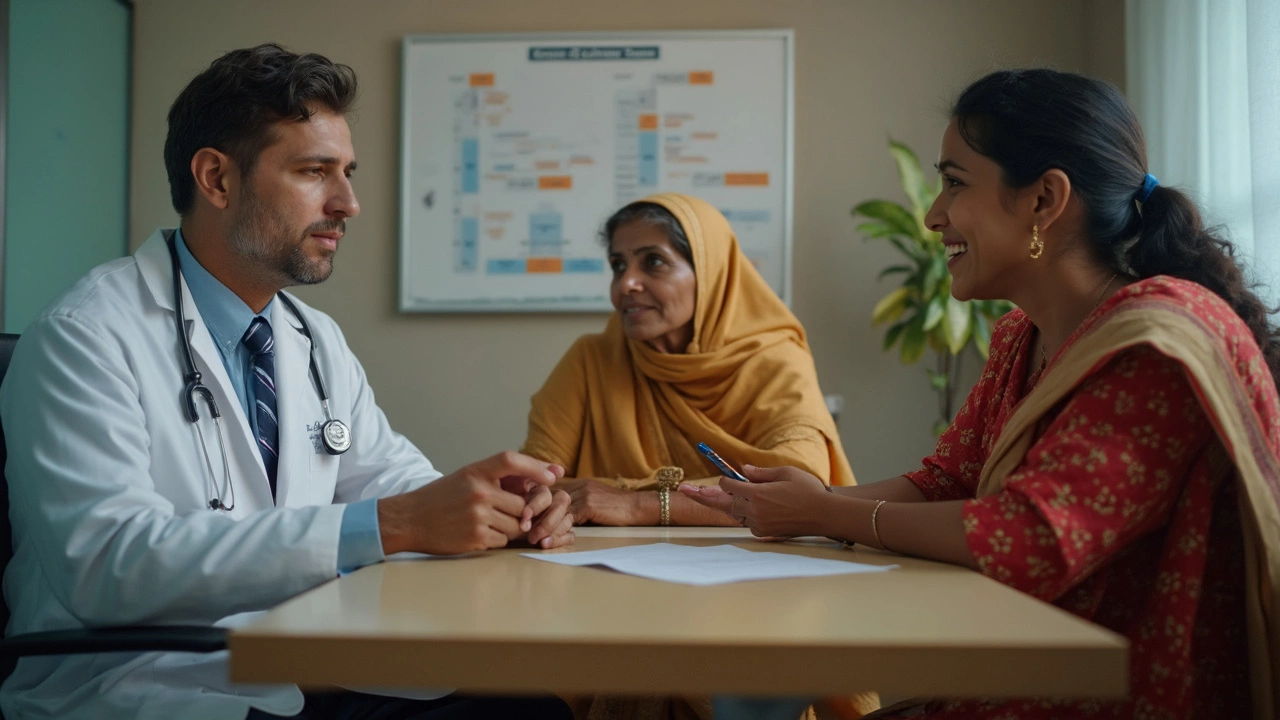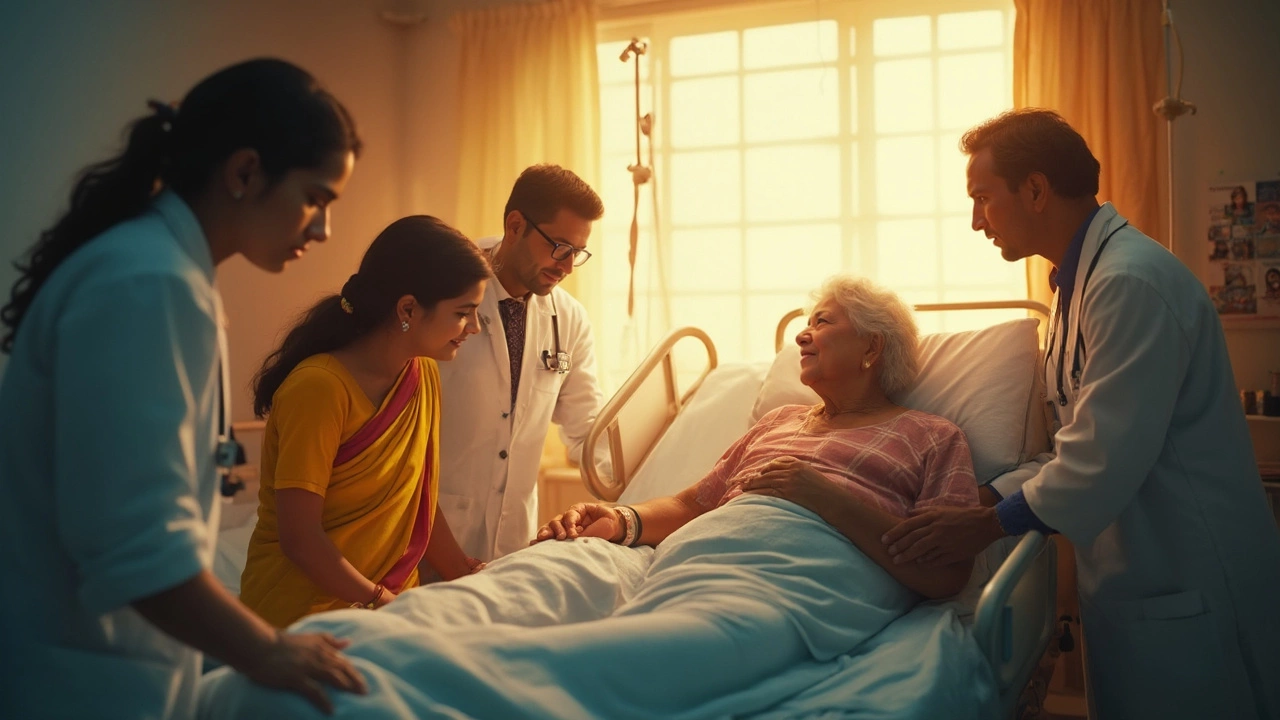Stage 4 Cancer – What It Means and How to Move Forward
Seeing the word “stage 4” can feel like a punch in the gut. It’s the most advanced stage, meaning the cancer has spread beyond its original spot. That doesn’t automatically equal a death sentence, but it does signal that treatment goals change. Instead of trying to wipe the disease out completely, doctors often aim to slow it down, keep symptoms in check, and preserve quality of life.
Understanding the Diagnosis
When doctors say “stage 4,” they’ve detected cancer cells in other parts of the body – lungs, liver, bones, or elsewhere. This spread is called metastasis. The exact location and how many areas are involved help decide which therapies might work. For many cancers, targeted drugs, immunotherapy, or hormone therapy can shrink tumors or keep them from growing fast.
Testing is key. Scans, blood work and sometimes biopsies give a full picture of where the disease has traveled. The more information doctors have, the better they can pick a plan that fits your situation. It’s normal to feel overwhelmed by medical jargon; ask your team to explain each test in plain language.
Living with Stage 4 Cancer
Life doesn’t stop at a diagnosis. You’ll still go to work, spend time with family, and enjoy hobbies – just maybe with some adjustments. Pain control, nutrition and mental health become front‑line priorities. Talk to a pain specialist early; uncontrolled pain makes everything harder. Small, frequent meals and staying hydrated can help keep energy up.
Support matters a lot. Joining a local cancer support group or an online forum gives you a space to share worries and hear real stories from people walking the same path. Many find comfort in talking to a counselor or therapist who understands cancer‑related stress.
When it comes to treatment, don’t feel forced into one option. Ask about the benefits, side effects and how each option might affect daily life. Some patients choose clinical trials because they offer cutting‑edge therapies that aren’t widely available yet.
Financial worries are real too. Hospitals often have social workers who can guide you through insurance, government schemes or charity programs that help cover medicine costs. It’s worth reaching out early so you don’t get hit by surprise bills.
Finally, keep hope alive in a way that feels real to you. Hope isn’t just about cure; it can be about having a good day, finishing a project, or simply being present for loved ones. Celebrate small wins – a pain‑free night, a good appetite, a laugh with friends. Those moments add up and make the journey more bearable.
Stage 4 cancer changes the game, but it doesn’t erase your ability to live fully. With the right medical plan, solid support, and a focus on what matters most to you, you can still find purpose, comfort and moments of joy every day.







